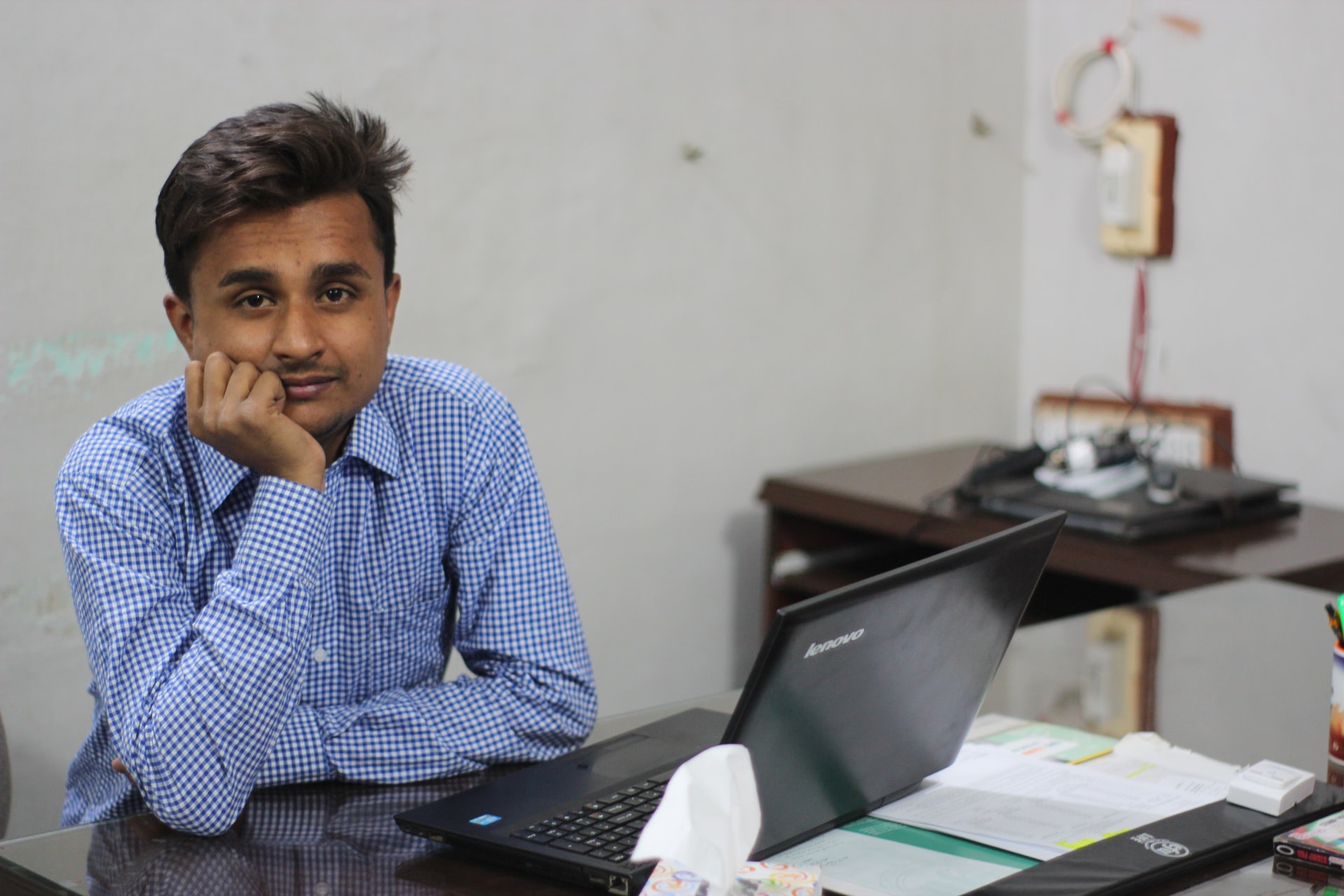This article explores the initiatives and impact of NGOs in Mauritius, which empower women, focusing on the key areas of women’s rights, education and training, women and health, violence against women, women and the economy, women in power and decision-making, and industrial mechanisms for the advancement of women.
Mauritius has made significant strides in the process of women’s empowerment and gender equality, thanks to the strong political commitment and the evolving socio-economic and environmental landscape. The country has ratified various international and regional human rights instruments to strengthen the promotion and protection of women’s rights and gender equality for sustainable development, prosperity, and peace for all women and girls.
Continue reading “Empowering Women through NGOs in Mauritius: Initiatives and Impact”











